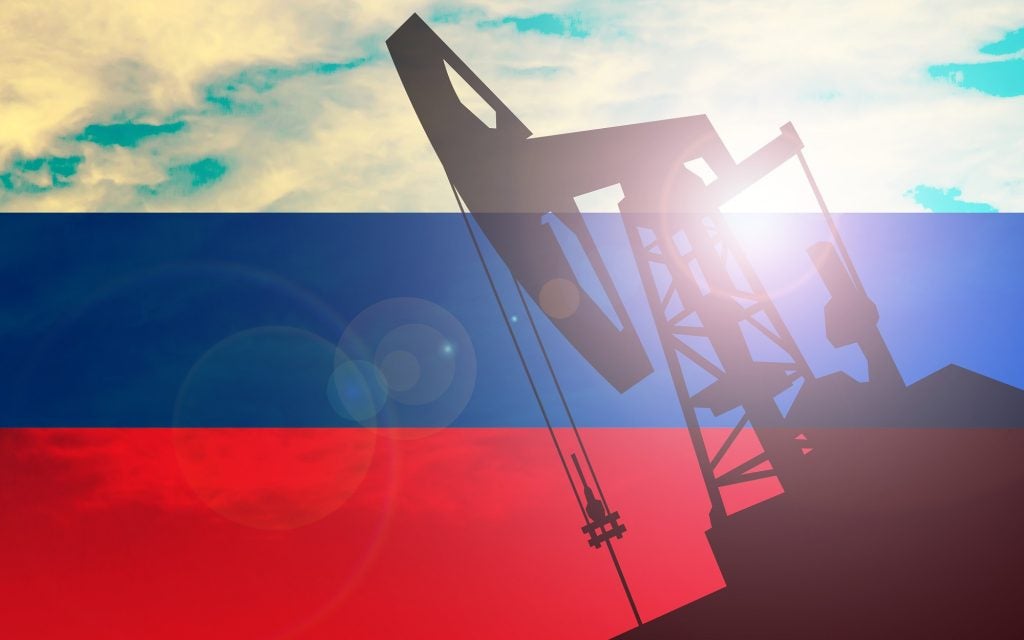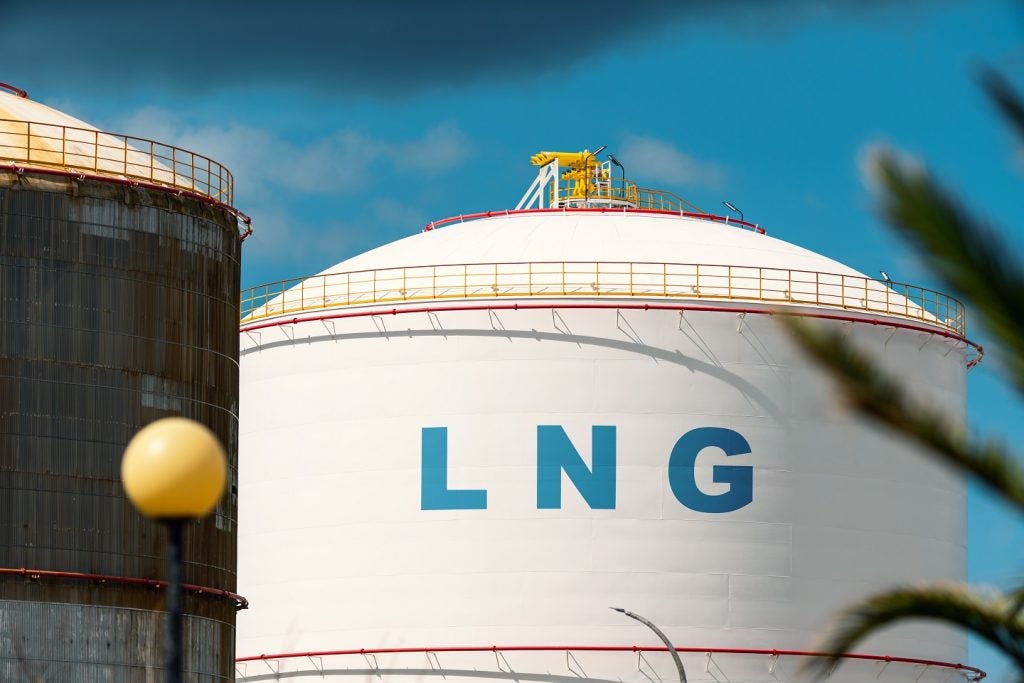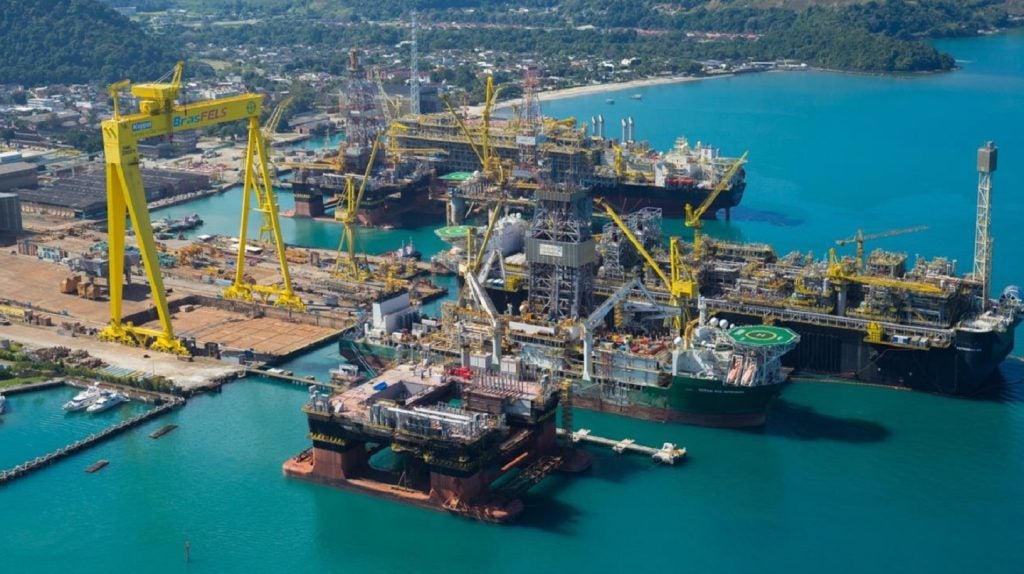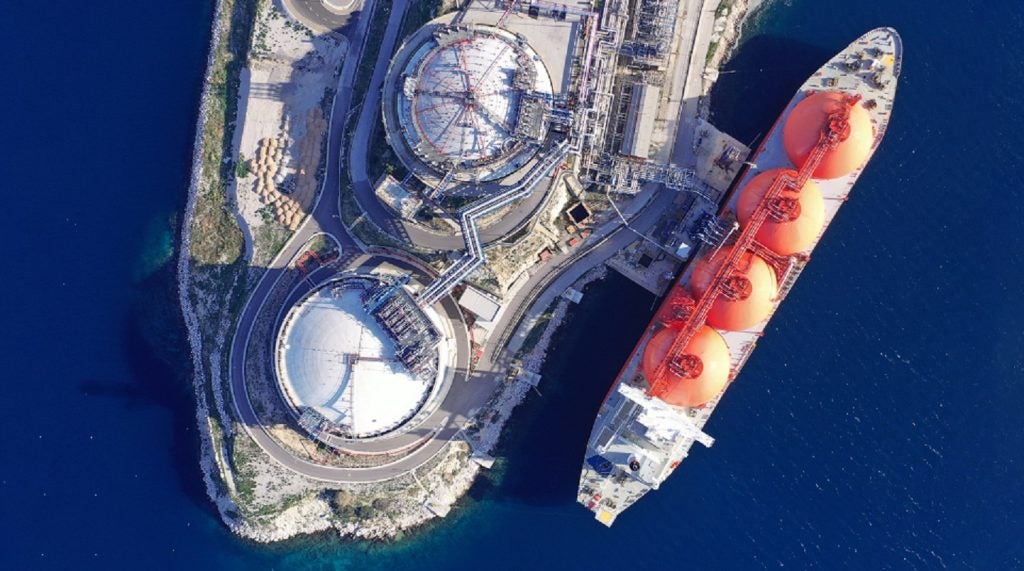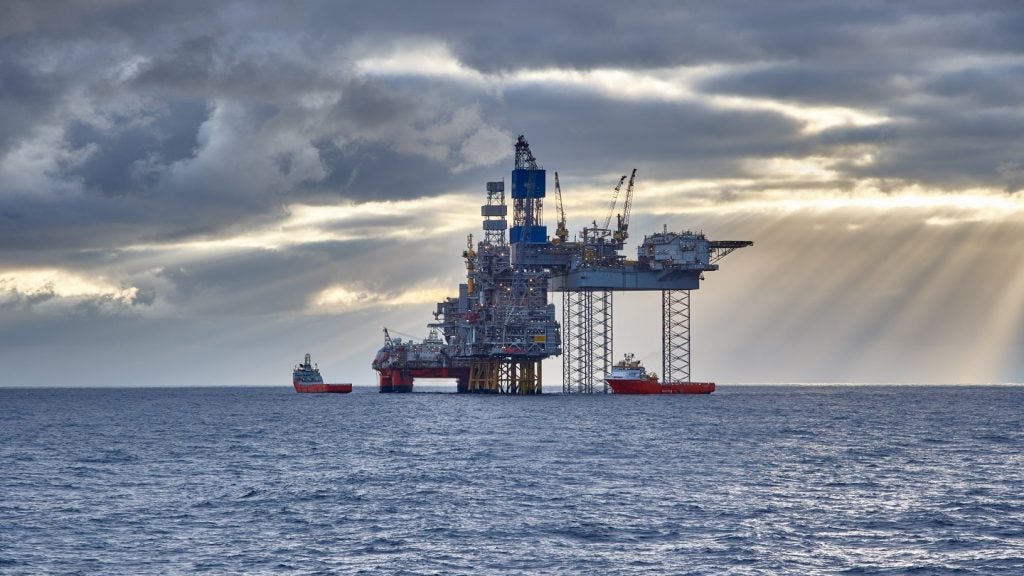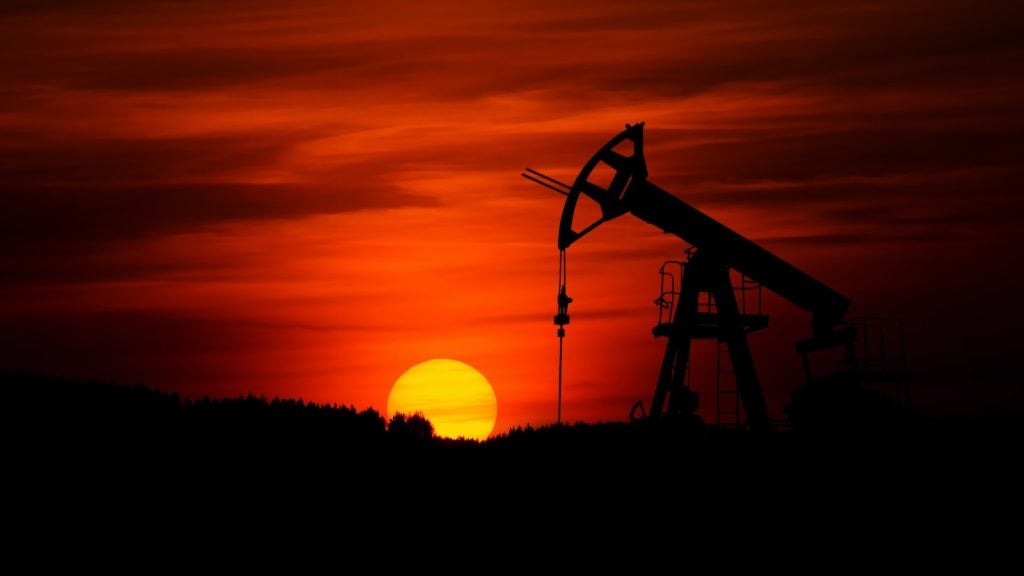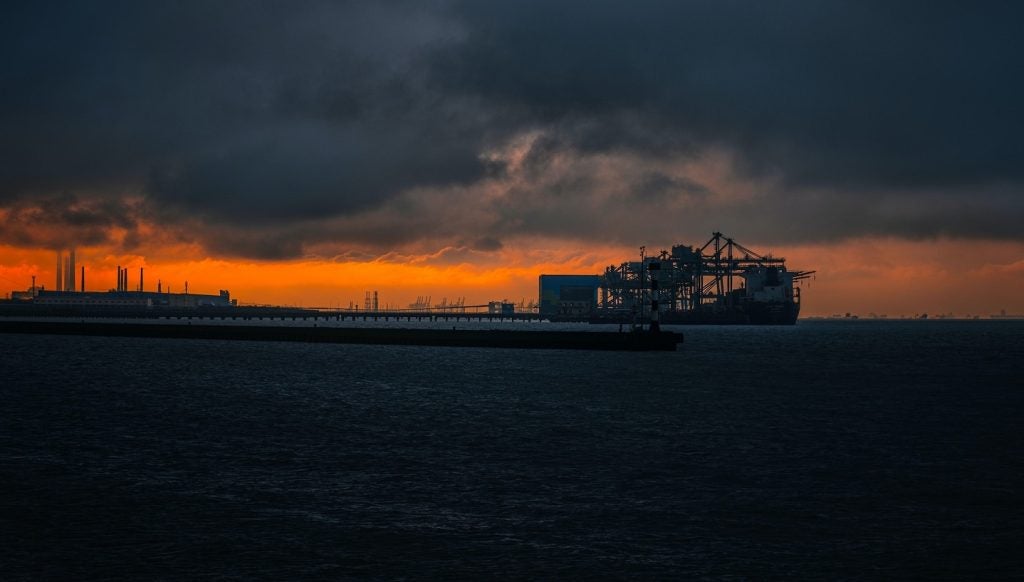In the first nine months of 2023, the revenues of Russia’s largest oil and gas producers dropped by 41% due to a fall in prices and the volume of exports, according to the Central Bank of Russia.
The bank also said that the price of Urals oil grade fell by 26% on average in the same period, and the volume of exports flowing through Transneft’s network of oil pipelines declined by 8% compared with the first nine months of last year.
The Russian economy has struggled since the imposition of Western sanctions over the war in Ukraine in 2022 but has fared better than many in the West and Russia itself were expecting. The IMF forecast a GDP growth of 0.7% this year.
In December 2022, G7 countries and Australia imposed a price cap of $60 per barrel on Russian oil, barring countries from using Western operators to transport and insure oil shipments above this price. Russian oil producers have sought alternative markets such as India and China and no longer receive payments in dollars. Remarking on the effect of this, the bank said: “Due to these alterations in the payment infrastructure, it takes more time to receive revenues for supplied energy resources.”
Russian trading activity with India was disrupted in July as India wanted to pay in rupees but the Central Bank of Russia told exporters it would not accept the currency, market sources told Reuters.
Last Wednesday, Igor Sechin, the head of Russian energy giant Rosneft, criticised the bank for what he described as a “failure” to set up a trans-border payment mechanism.
It is unlikely Russia’s export conundrum will abate any time soon. On 1 December, Geoffrey Pyatt, US assistant secretary of state for energy resources, told the Financial Times that Western sanctions would remain in place for long enough to ensure that Russia can never again mount an attack on its neighbours. Should they be maintained, the International Energy Agency has forecast that Russian oil and gas revenues could fall by between 40%-50% by 2030.
Pyatt said: “The goal of these sanctions is to change Russia’s behaviour and to ensure that Putin is not in a position, whenever some kind of peace is achieved… to use three or four years to rearm and prepare himself and prepare his military for stage three of the Ukraine invasion.”


